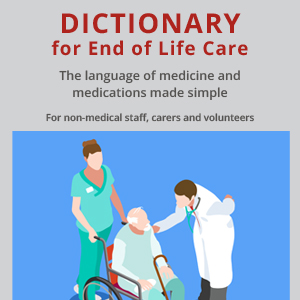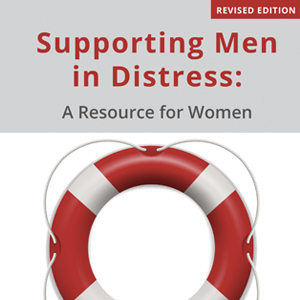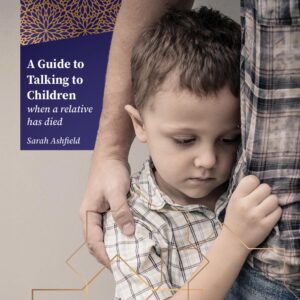Description
We have combined all of our Palliative Care Resources into one bundle that can be downloaded for the reduced cost of $19.95. This bundle could make a real difference to the lives of the people you care about, your client/patient, or anyone you may be advocating for. For any of these items ordered in sufficient quantity for printing, we can often arrange for the inclusion of an organisational logo in the design. Download this bundle and start helping today.
This digital bundle contains six resources as detailed below. Please get in touch with us here for printing quotes.
A Guide to Talking to Children – when a relative has died

Giving support to your child after they lose someone they love is essential, but can feel challenging. Nothing you say can or should try to take away the hurt or the pain of their loss. However, sensitivity and appropriate responses are essential at this difficult time. This guide aims to help support parents in their communication with their children after the loss of a loved one. This is a time when everyone is coming to terms with the loss and beginning the grieving process.
This 12 page booklet provides guidance on the way that children and young people respond to a bereavement.
A Guide to Talking to Children – when a relative is dying

Providing support for your child when a relative is dying is vital, but can feel challenging. Sensitive and appropriate responses are essential at this difficult time. Sensitive and appropriate responses are essential at this difficult time. This guide aims to help support parents in their communications with their children when a relative has a life-limiting illness.
This 12 page booklet provides the guidance you need.
Finding Calm and Managing Fear – for patients facing a terminal or life-limiting illness

- Finding calm and learning to relax
- Slowing down as a way of extending your relaxation and calm
- Living life as fully as you can from moment to moment
- Living life as fully as your capacity for wellness permits
- Managing fear will mean managing your thoughts and endeavouring to live in the present moment
- Bringing fears into the light of day: ‘a problem shared is a problem halved’
Loss of Independence and Self-identity – Helpful ways of understanding & responding
 Patients and their families often come to palliative care exhausted by previously having had to navigate a complex, sometimes confusing and not always supportive experience of healthcare services and healthcare providers. Of course, at the centre of this experience is illness, which on its own can be enough to overwhelm, and often demands so much attention that there is little room for anything else, including quality of life. The purpose of this booklet is to briefly reveal the challenges of these issues, as well as some useful ways of responding to them.
Patients and their families often come to palliative care exhausted by previously having had to navigate a complex, sometimes confusing and not always supportive experience of healthcare services and healthcare providers. Of course, at the centre of this experience is illness, which on its own can be enough to overwhelm, and often demands so much attention that there is little room for anything else, including quality of life. The purpose of this booklet is to briefly reveal the challenges of these issues, as well as some useful ways of responding to them.
This resource is a 16 page A5 booklet.
Patient & Family Communication – Common difficulties and some positive suggestions

- Advantages of open communication
- Repairing relationships
- When hurtful things are said
- Should children be included in family communication?
- Illness can change family communication in unexpected ways
- Male versus female styles of communication
- Speaking for others: helpful or unhelpful?
- Calm communication is helpful for everyone
- Sharing positive communication with other family members
- When positive thinking and its language is not always positive
Dictionary for End of Life Care

The Dictionary contains basic medical and pharmaceutical terms in common use in end of life care settings such as hospice, palliative care, community care and aged care. The range of entries has been kept to terms and definitions that are particularly useful for non-medical staff, allied health professionals, carers, and volunteers. 62pp.





